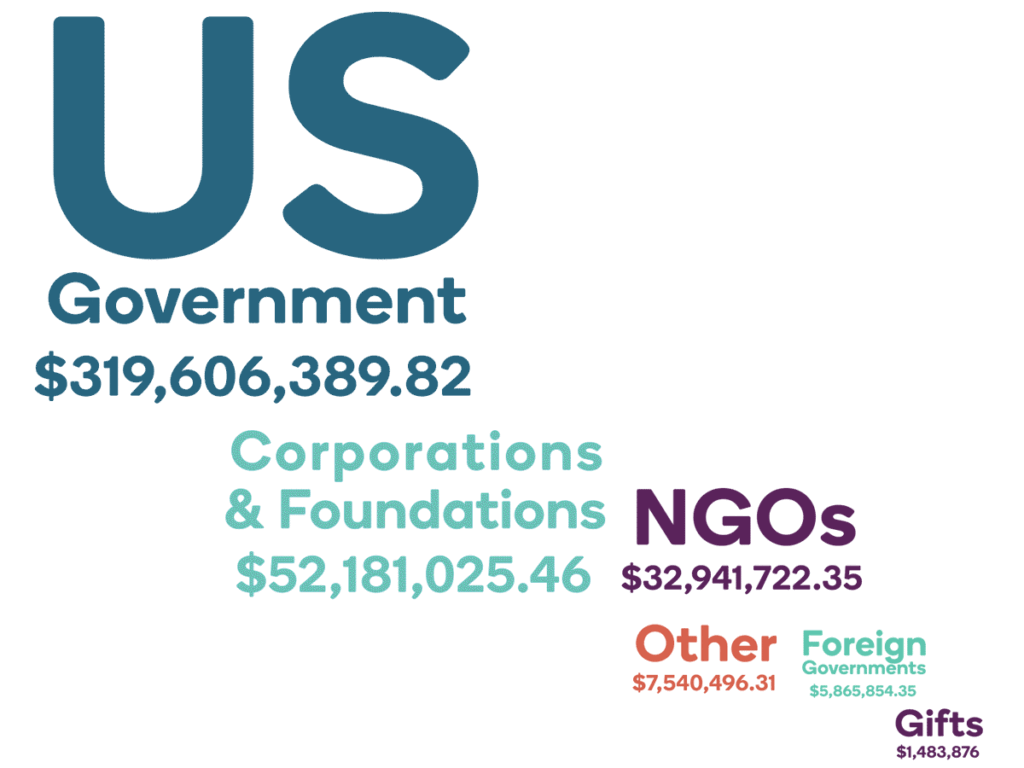Partnerships for Progress
2023 Annual Report
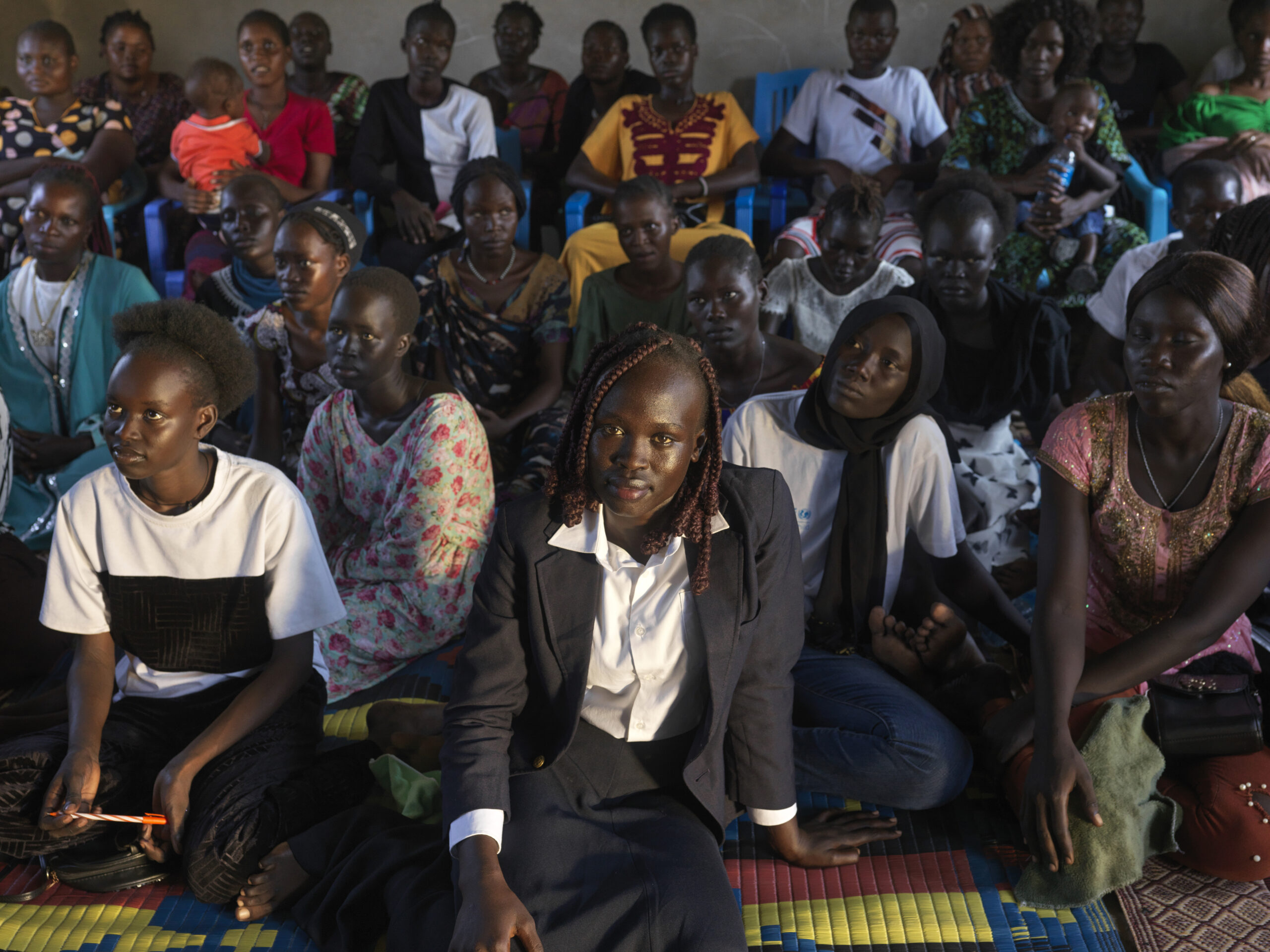
LETTER FROM THE CEO
It’s my absolute pleasure to share the highlights and progress of Jhpiego’s work in 2023, a year in which our country partners were fundamental in improving the lives of the women, families and communities we serve. In close collaboration with health ministries, local organizations, professional associations, educational institutions and private sector partners, we acted boldly to realize their vision of a healthier world.
Since our founding more than 50 years ago, Jhpiego has partnered with governments in low- and middle-income countries to address some of the world’s toughest health challenges, sharing our innovative thinking and experience to create sustainable solutions.
Among our strengths have been our relationships with country health officials, local experts and community leaders—from rural health posts to urban hospitals—and our own technical and program expertise. The impact we see on lives saved and the quality of lives improved would not be possible without their insights and contributions. Thanks to these partners, more health systems are delivering quality, respectful care at the right time to the right people and in the right way.

Guatemala Country Director

Uganda Country Director

India Country Director
Forging a path to improved health
Our experts in maternal and newborn health continue to lead and learn, putting women at the center of care.

Through our leadership, the U.S. Agency for International Development’s MOMENTUM Country and Global Leadership project has expanded to more than 25 countries, including Jordan and Rwanda. MOMENTUM and its local partners play a pivotal role in supporting governments and the private sector to improve maternal and child health and use country experiences to help shape major global issues, such as the World Health Organization’s initiatives on quality care and maternal and newborn health. Through MOMENTUM, we are supporting midwives, such as Masri Ndoen of Indonesia. She is an agent of change who oversees more than 80 primary health care workers in 54 community-based health facilities.
In our collective efforts to achieve universal health coverage, Jhpiego has focused on strengthening primary health care through 15 projects across 12 countries, including Afghanistan, India, Indonesia and Zambia. Primary health care offers integrated care and serves as the first line of response to pandemic readiness and other emerging issues.
On immunization, we’ve applied our expertise to new areas and now provide direct immunization support to more than 20 countries. Most recently, Gavi, the Vaccine Alliance selected us to support the governments of Burkina Faso, Côte d’Ivoire and Liberia to roll out the new lifesaving malaria vaccine. We were proud to join the Ministers of Health in Burkina Faso and Liberia as they delivered the first shots in early 2024.
Country spotlights
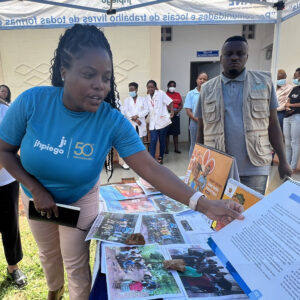
In Nigeria, through the creation of 60 savings and loans groups, we supported women to be economically independent and contribute to their family’s health and well-being.
In India, our support of young entrepreneurs and youth advocates is elevating new leaders who are producing smart, strategic breakthroughs in health care for today’s changing environments.
The government of Mozambique has been a wonderful partner in key policies to protect women and young girls. And we are especially proud of our continuing work with ELOS, a local non-profit that works hand in hand with communities and the Ministry of Health in helping Mozambicans remain HIV-free or live positively and safely with the virus at undetectable levels.
In 2023, we also worked to reduce illness and death from malaria with local partners. For example, in Burkina Faso, our partners hosted community discussions to encourage families to prevent malaria by sleeping under bed nets and, for eligible pregnant women and young children, taking medicine to prevent malaria. These activities save lives.
Prioritizing women’s cancers
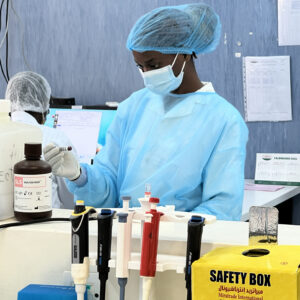
Jhpiego continues to support and drive change in prevention and treatment of women’s cancers, a too often neglected area. We supported the introduction and expansion of breast cancer detection services in Botswana, Ghana, India, Mozambique and the Philippines, leading to the screening of more than 100,000 women. With our partners, we’ve provided cervical cancer prevention services to more than 1 million women and girls since 2010.
Looking to the future, we have prioritized four key areas that Jhpiego believes deserve closer scrutiny from our experts: tuberculosis, small and sick newborns, and humanitarian action. These areas are impacting women and families in ways we have not experienced before, and we are committed to helping solve these problems.
Shared success
When I look at the impact that Jhpiego and our partners have made over the last five years—more than 6.5 million people receiving HIV testing, over 100 million receiving antimalarial treatment and nearly 20 million women giving birth safely at a Jhpiego-supported facility, to name a few—I feel immense gratitude to have the opportunity to work alongside phenomenal colleagues in 46 countries.
Our partnerships are making a profound and positive difference in the lives of millions of women, men, youth and children. That’s because we are united by a shared purpose: healthier families, prosperous communities and resilient countries.
Dr. Leslie Mancuso
PhD, RN, FAAN
Safeguarding Women and Families
Maternal, Newborn & Child Health
Around the world, women and their babies are dying from preventable complications before, during and after childbirth. This is tragic because many of these complications can be treated with simple and affordable solutions.
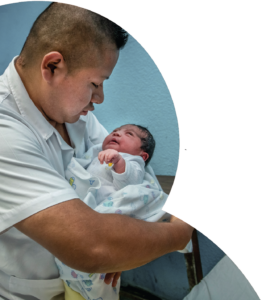
In Kenya, Purity Kyalo lost her first baby when she was seven months pregnant. To ensure a better outcome for her second pregnancy, Purity attended group antenatal care, which was led by a Jhpiego-trained nurse, and delivered a healthy baby girl, Claudia. These group care sessions bring women together to learn, share and experience their journey through pregnancy and in the months after giving birth.
To increase group antenatal care, we are leading advocacy efforts, along with partners, to expand the practice beyond the 20 countries now using this approach. It’s all part of our work to increase the number of women who have access to high-quality care that can prevent deaths. The right services, at the right time, in the right ways—whether that’s through group antenatal care, a skilled midwife during childbirth or text messages with tips about check-ups for young children.
MOMENTUM Country and Global Leadership, a top maternal and newborn health project of the U.S. Agency for International Development, which Jhpiego leads, expanded to more than 25 countries. Our work has embraced and put into practice locally led development through formal partnerships with local organizations. MOMENTUM is playing a pivotal role in shaping key global initiatives, such as the World Health Organization’s initiatives on quality of care, Ending Preventable Maternal Mortality, Every Newborn Action Plan, perinatal and maternal mental health.
Our AlignMNH project planned and convened the first International Maternal Newborn Health Conference in eight years. Nearly 1,800 stakeholders from 95 countries came together in Cape Town, South Africa, to share, learn, problem solve and align around priority issues with a focus on country implementation.

Spotlight on MOMENTUM Country and Global Leadership: A Localization Leader with Impact
Jhpiego’s signature maternal and newborn health project, funded by the U.S. Agency for International Development, MOMENTUM is a localization leader, channeling resources directly to local partners. The project, spanning more than six years and supporting over 25 countries, creates space and opportunities for local actors to lead on activity creation, design, implementation and measurement, and elevates local voices.
Here’s a snapshot of the impact of its work:
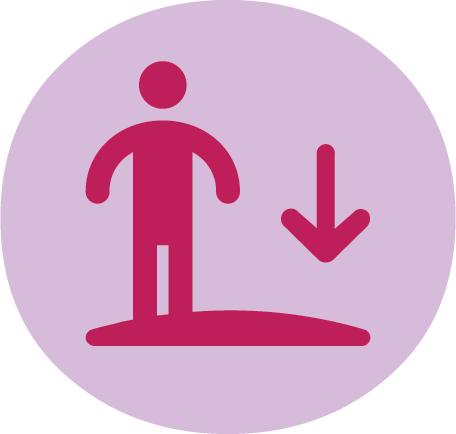
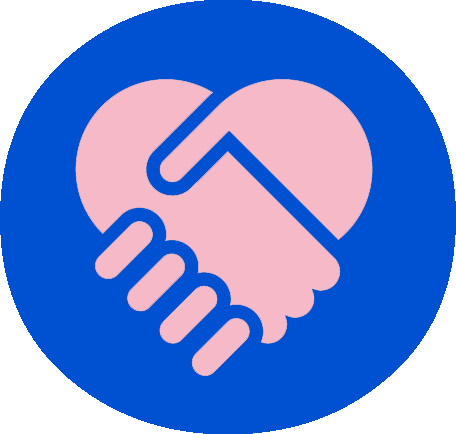

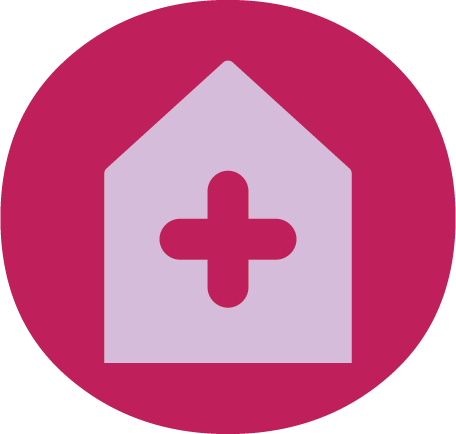
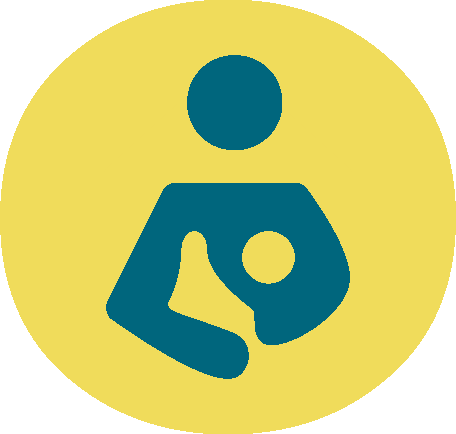
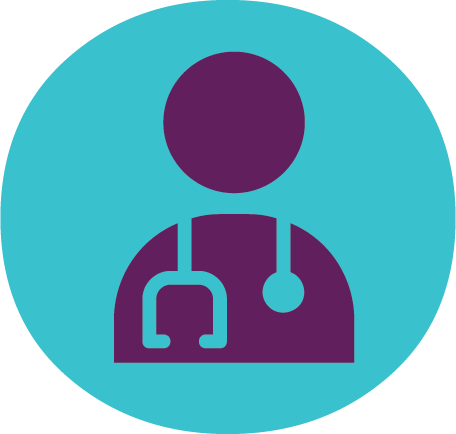
MNCH/FP/RH = maternal, newborn and child health, family planning and reproductive health
Primary Health Care
Half of the world’s population still lacks access to essential health services. Over 1 billion people are at risk of falling into poverty from health care costs. Primary health care provides 90% of health services needed across a person’s lifespan. Rongsenlila Pongen, a community health officer and nurse in Nagaland, India, sets the example for quality primary health care for her team as she examines and treats clients, from a couple seeking family planning to an elderly man with high blood pressure.
Primary health care is a whole-of-society approach to effectively organize and strengthen national health systems to bring services for health and well-being closer to communities. Jhpiego understands that primary health care’s success is rooted in country contexts, the realities of existing health systems and the skills and composition of the local health workforce, including community health workers. As we have done for the past 50 years, we work with country partners to increase access, quality and availability of primary health care services to deliver on our goal of improving health outcomes through a strong primary health care system that is client-centered, coordinated, continuous, comprehensive and community-owned.
103,684 community health workers deliver Jhpiego-supported primary health care services across 15 projects in 12 countries.
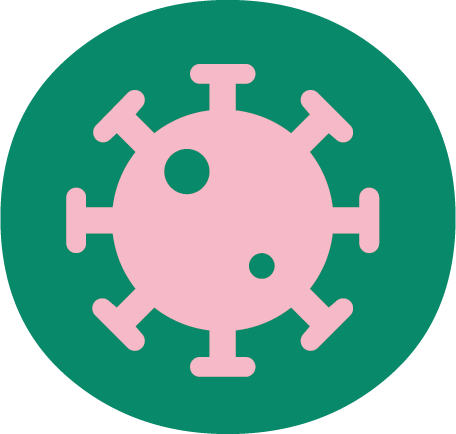
Women’s Cancers
Cervical cancer is preventable and treatable if diagnosed early, but it remains one of the most common cancers in women worldwide. Close to 9 of every 10 cases occur in low- and middle-income countries. Women living with HIV, such as Martine Zoundi in Burkina Faso, are six times more likely to develop cervical cancer compared to women without HIV. Early detection and treatment of precancers can prevent development of cervical cancer. Martine self-tested for cervical cancer and when her test came back positive, she was treated by a health care provider who was supported by Jhpiego and the Ministry of Health. Martine is just one of the more than 180,000 women who have been screened though the Scale Up Cervical Cancer Elimination with Secondary Prevention Strategy (SUCCESS) program since 2021. SUCCESS works in Burkina Faso, Côte d’Ivoire, Guatemala and the Philippines to eliminate cervical cancer through detecting and treating the disease early to slow or halt its progress.
Jhpiego has embraced a range of bold, transformative strategies and solutions to eliminate cervical cancer. These include introducing HPV vaccination for adolescents and newer technologies and designing woman-centered, integrated services within the framework of primary health care. We also develop training programs to provide learning and practice opportunities that health workers need to develop competency to deliver high-quality cervical cancer prevention services, including using HPV-DNA testing for screening and thermal ablation for treatment.
To prevent this deadly disease, we continue our leadership in HPV vaccination in Côte d’Ivoire, Kenya, Pakistan, the Philippines and Tanzania.
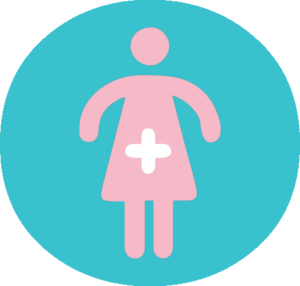
Jhpiego is working with 10 countries to launch and provide HPV vaccines to eliminate cervical cancer.
Preventing & Treating Infectious Diseases
Malaria
Malaria remains one of the most serious global health problems. Pregnant women and children under five are most at risk of dying from malaria, but the disease is both preventable and treatable.
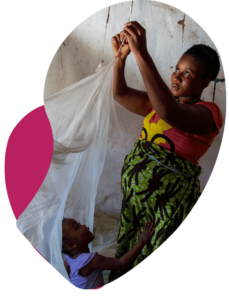
In Rwanda, lab technician Marie Chantal Uwamariya attended a Jhpiego-supported training to improve her skills identifying malaria parasites, which will improve treatment of clients.
We support national malaria programs in 20 countries in sub-Saharan Africa and Asia to deliver quality prevention, diagnosis and treatment services—including promoting insecticide-treated bed nets, supporting seasonal malaria chemoprevention and intermittent preventive treatment of malaria in pregnancy, and providing training to health care workers to test for and treat malaria—so that women and families receive the right care at the right time.
Much of our work focuses on strengthening health facilities and the skills of health care workers so they can properly identify malaria symptoms and administer rapid diagnostic tests to confirm diagnosis and treatment and significantly reduce illness and death, especially among those most at risk.
With the introduction of the new malaria vaccine, we have been tapped by Gavi to support vaccination campaigns in Burkina Faso, Côte d’Ivoire and Liberia, building on our strategic priorities to promote life-course vaccination, integrated service delivery, equity and innovations.
HIV
We provide more than prevention and treatment. Read how we help people thrive while living with HIV.
Although progress is being made, the HIV epidemic still devastates countless lives. An estimated 39 million people were living with HIV at the end of 2022, two-thirds of whom are in the World Health Organization’s African Region. In 2022, 630,000 people died from HIV-related causes and 1.3 million people acquired HIV.
Margaret Kugonza lives positively with this chronic disease. Thanks to Jhpiego-trained Nurse Biira Levinah, Margaret is receiving care and treatment, including mental health support, and is happily engaged with her family and friends today.
For more than 20 years, we have worked to reduce the global burden of HIV by testing people, supporting people on treatment, circumcising males to reduce their chance of getting HIV and offering pre-exposure prophylaxis to people at risk, including sex workers. We place the community at the center of a continuum of care, with an emphasis on services that respond to the needs of the people.
“I feel happy that I have changed someone’s life, and I can’t wait to apply my skills to as many clients as possible.”
Nurse Biira Levinah
Our HIV projects support national and local health systems to deliver a core package of prevention services that are vulnerability-tailored, high-quality and client- and community-centered. These services combine biomedical, behavioral and structural programs with linkages to treatment, care, support and other referral services. Our prevention work with adolescent girls and young women in Lesotho, Malawi and South Sudan, among others, has provided youth with reproductive health education to avoid unplanned pregnancy, skills to develop a trade and a path toward economic independence so they can fulfill their dreams.


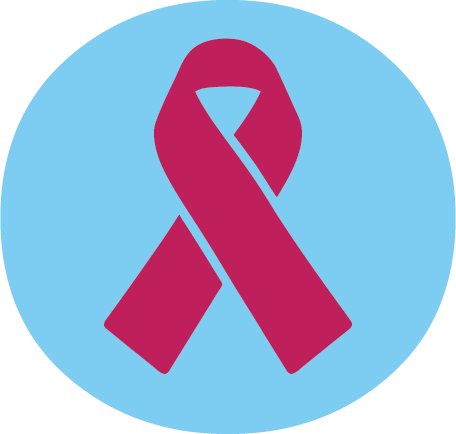
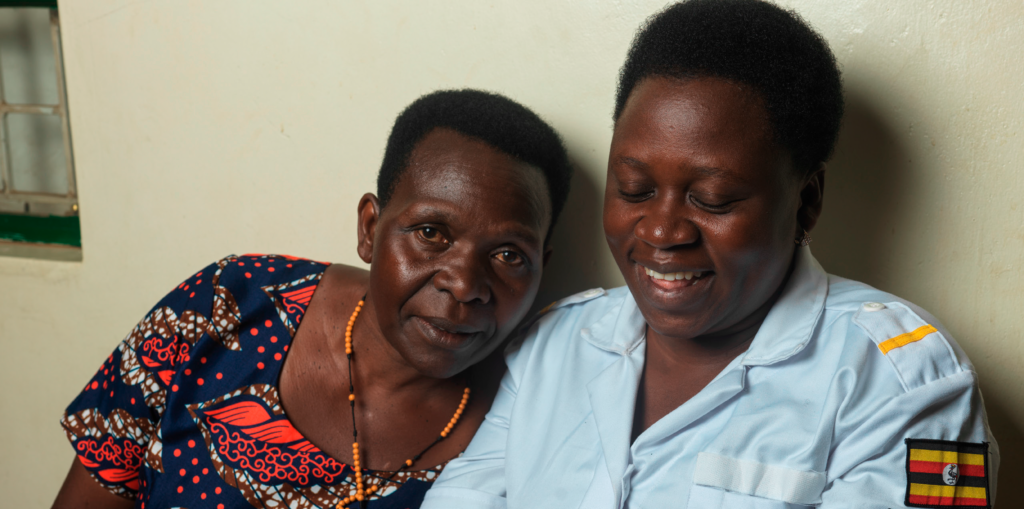
Tuberculosis
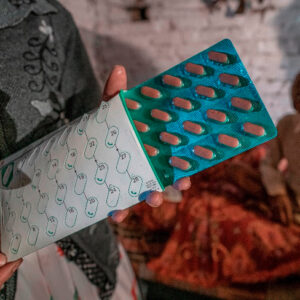
Thirty years after the World Health Organization declared tuberculosis a global public health emergency, TB remains a threat to community health, even though it is preventable and curable. Partnering with ministries of health, national TB and HIV programs, local organizations, civil society, communities and educational institutions, we work to integrate TB prevention, care and treatment in HIV programs, primary health care and maternal, newborn and child health services. We apply innovative and cost-effective solutions and person-centered, holistic approaches to address intractable challenges across the TB continuum of care and economic determinants of the disease.
In India, we are supporting the government to provide comprehensive primary health care, including TB services, through the U.S. Agency for International Development’s NISHTHA: Transforming Comprehensive Health Care in India. This work includes: engaging TB champions, community members and families to help reduce the spread of this curable disease; identifying undiagnosed and untreated people by strengthening case finding through artificial intelligence; providing technical support for integrating TB and maternal health services, including TB screening in pregnancy; and integrating drug-sensitive and drug-resistant TB services into health and wellness centers.
Through a family care approach, Achhe Lal Mallah, a farmer in a village in central India, receives help from a family caregiver to stay current on his six-month regimen of medicine, maintain a healthy diet and follow through on routine appointments at his local health center. Achhe Lal’s youngest daughter Prabhabai is thrilled with her father’s progress.
“Now Papa is much better. His cough has reduced substantially. His weight has also improved. We get the medicines from the nearby community health center…. I want to see him healthy and happy.”
Prabhabai
Strengthening Health Systems
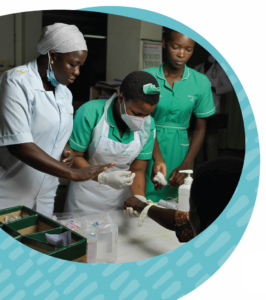
Since our founding, we have worked in over 150 countries to strengthen health care systems at the national, regional and community levels so that skilled and confident health workers are able to provide reliable, high-quality, equitable and cost-effective services. The right services at the right time in the right way. We partner with organizations from the community to the national level, building sustainable, local capacity through advocacy, policy development, human resources for health and performance and quality improvement approaches. Across our projects, we also work to transform harmful gender norms that limit peoples’ access to health information and services. Through this work, we aim to create equitable and inclusive health systems so that all health workers and their clients have the power and opportunity to reach their dreams. Our programs address gender-based violence, empower women and girls, promote male engagement and equitable decision-making among couples and help ensure gender-sensitive and respectful services.
In Ethiopia, our partnerships with government ministries, local organizations, higher education institutes and medical professional associations are producing a skilled and well-managed health workforce, prepared and confident to provide quality health care for all citizens. Through the Health Workforce Improvement Program, Jhpiego is leading a consortium of partners in providing technical assistance to optimize Ethiopia’s ability to deliver a healthier society, reduce gender disparities in the health workforce and meet the government’s goal of providing universal health care to all.
The Health Workforce Improvement Program has also supported a return of essential health services in the wake of conflicts in Afar, Amhara and Tigray regions. We deployed health care teams to under-staffed health facilities that also suffered infrastructure damage and displacement of health workers, leaving millions in the three regions without access to basic health services.
“A well-functioning health system working in harmony is built on having trained and motivated health workers, a well-maintained infrastructure and a reliable supply of medicines and technologies, backed by adequate funding, strong health plans and evidence-based policies. At the same time, because of the interconnectedness of our globalised world, health systems need to have the capacity to control and address global public health threats such as epidemic diseases and other severe events.”
World Health Organization
Global Health Security

Strong public health systems not only enable families and communities to thrive, but also help to ensure stable economies and countries’ ability to respond to pandemics, humanitarian crises and climate change. Through its global health security programs, Jhpiego works with governments and other stakeholders to strengthen health systems and the policies and legislation that support them, so that countries can prevent, detect and respond to public health threats—now and in the future. We do this by building national laboratory systems, infectious disease surveillance and emergency response operations.
In India, in partnership with the Ministry of Health, the U.S. Agency for International Development’s Reaching Impact, Saturation and Epidemic Control (RISE) project, led by Jhpiego, evolved into one of the most comprehensive health system strengthening projects. It aimed to enhance the capacity of the Indian health care system to effectively respond to the COVID-19 pandemic and future public health emergencies and crises. Operating in 28 states (20 directly supported and eight through hubs), the project sought to cover approximately 800 million people, making it one of the largest projects in terms of both footprint and reach.
Among the projects that RISE India supported the government on was the rapid establishment of 11 next-generation sequencing labs across the country for testing for new variants of the coronavirus.
“Our lab is sequencing samples, and we are getting very good coverage. This has been possible because of the regular training from RISE. If any of us face a problem, we call the RISE team, and they help us right away.”
Dr. Rashmi Pillai, a microbiologist in Nagpur, Maharashtra
Learning & Performance
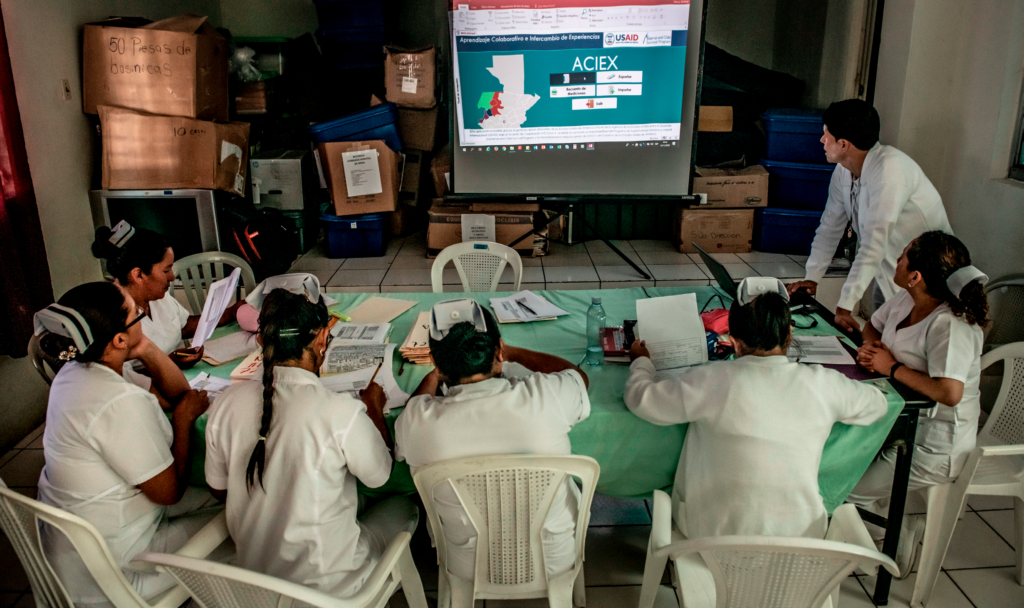
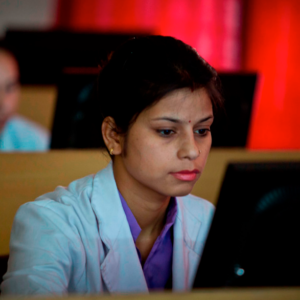
For 50 years, Jhpiego has supported governments in their efforts to build a fit-for-purpose health workforce for the 21st century. We’ve partnered with governments to strengthen pre-service education programs and create national in-service training and continuous professional development systems to build and maintain the capacity of health workers.
We are committed to supporting countries to use technology to transform how they support learning and performance. We are using virtual mentorship for surgical teams to improve safe surgery outcomes in Tanzania, expanding access to mobile learning about oral pre-exposure prophylaxis across Africa and Asia, implementing mobile-social learning to improve infection prevention practices and using blended learning to improve maternal and newborn health outcomes in India.
We use data on key health outcomes to improve health workers’ learning and performance. We believe that health workers should be able to access learning materials anytime, anywhere; learning should be efficient, based on learner’s needs and allow for mobile, just-in-time access; and data on quality of health services should drive efforts to improve health worker learning and performance and service delivery. That’s why we joined with the government of Zambia and the Health Professions Council of Zambia to provide that level of anytime-anywhere learning.
Read how our RISE India team used the hub-and-spoke model to train health workers to provide oxygen therapy to critically ill patients across Gujarat state.Locally Led Development Partners
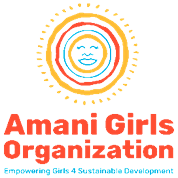
Amani Girls Organization works toward gender equality in Tanzania by enhancing resources for children, youth and families so they can participate in community and national development. Amani Girls Organization is committed to community development with an emphasis on promoting gender equality. It does so by prioritizing the empowerment of women and girls and by involving men and boys to create equitable and favorable conditions for all. The organization runs education, social protection and adolescent health programs in nearly half of Tanzania’s regions, including Zanzibar.
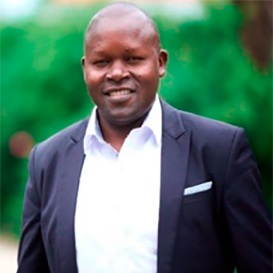
Revocatus Sono, Amani Girls Organization Representative
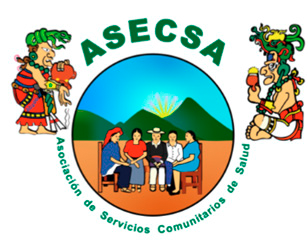
Association of Community Health Services (ASECSA) Guatemala is a network of community health programs and organizations located in 18 departments of Guatemala. ASECSA focuses on rural-indigenous and other populations with little access to health services but with their own cultural richness and therapeutic practices. Its members include community clinics and hospitals, associations of health promoters, midwives and traditional therapists who work in health promotion, prevention and comprehensive health care.
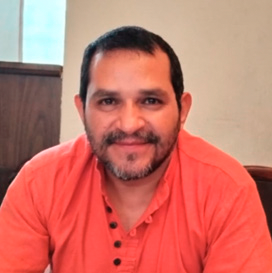
Rafael Arturo Valdizón Sierra, ASECSA Representative

Copper Rose Zambia (CRZ) is a youth-led organization whose mission is to build a conducive environment for young people to thrive in all aspects of their lives. The name, Copper Rose, refers to Africa’s most valuable resource, its young people. CRZ believes that nations would develop faster if they valued youth and nurtured them to drive the development agenda. CRZ has reached close to half a million people with programs in youth development, health and gender equity.
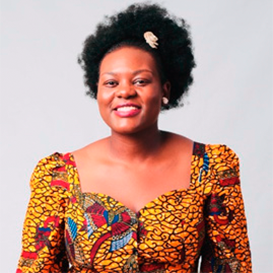
Natasha Salifyanji Kaoma, CRZ Representative
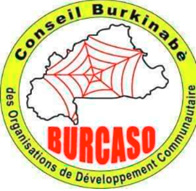
In Burkina Faso, the Conseil Burkinabè des Organisations de Développement Communautaire (BURCASO) brings together more than 200 local associations in the 13 regions of Burkina Faso. It works to improve access to health services for the most vulnerable populations, focusing on sexual and reproductive health and rights of adolescents and young people; maternal, neonatal and child health; vaccination and nutrition; and malaria control.
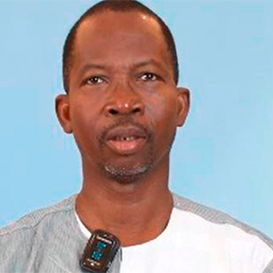
Desire Tassembedo, BURCASO Representative
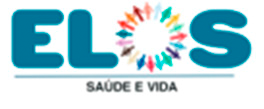
ELOS has played a vital role in health projects in Mozambique related to the prevention of HIV, focusing on voluntary medical male circumcision, health counseling and testing. Adopting innovative approaches, ELOS establishes partnerships with communities, cultivating a solid relationship with community leaders, local health activists, community organizations and others involved in promoting community health. ELOS is committed to bringing innovative approaches to communities based on the community’s involvement and on sustainable development.
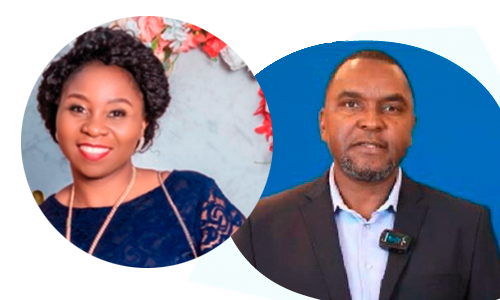
Vânia Elsa Coutinho and Paulo César Alone Selemane, ELOS Representatives

Health for Everyone (H4E) in Malawi supports the Ministry of Health in optimizing health, wellness and development for individuals and communities across the nation by strengthening access, provision and availability of essential health services. H4E’s work also includes disease prevention, health education and community development.

Ernest Nkhoma, H4E Representative
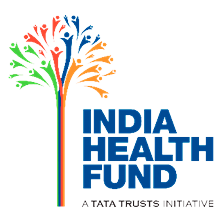
India Health Fund is a partner, financing mechanism, connector and facilitator for the development of innovations—diagnostics, digital tools and platforms—to reduce deaths from infectious diseases, such as malaria, TB, dengue, chikungunya and COVID-19. The India Health Fund supports innovations that can be adopted at scale and in low-resource settings.

Madhav Joshi, India Health Fund Representative

Lembaga Kesehatan Budi Kemuliaan (LKBK) provides health education, training and capacity development of health professionals and research institutions in Indonesia. LKBK helps health care facilities and their staff to develop strong clinical and corporate governance and implement practical management to set and implement standards, measure progress and reward achievement, which has translated into high-quality services being provided by highly motivated and committed staff.

Dr. Mohammed Bahuruddin, LKBK Representative
Funding by category
